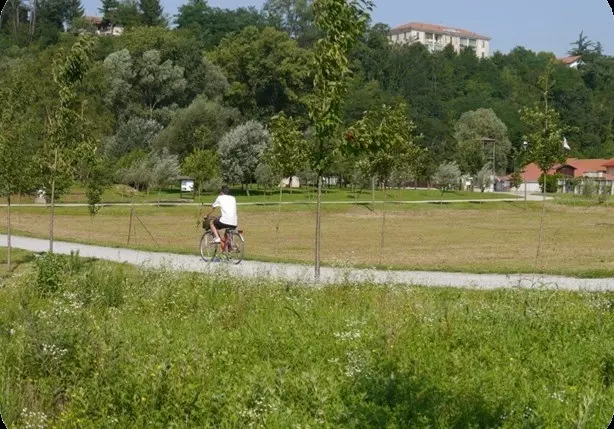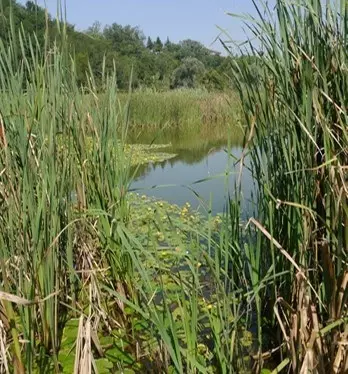Ecosystem services
Ecosystem Services are the ecosystem function that can be exploited by human beings. For instance, ecosystem productivity was always exploited by human beings: hunting and fishing, but also pastoralism and farming. However, many ecosystem services are less known but equally important: among them, the capability of wetlands to remove pollutants from water, reintroducing them in the biogeochemical cycles.
IRIDRA has always promoted the valorization of wetland ecosystem; a proof is the participation as SME (unique Italian partner) within the OpenNESS project, one of the most important research project on ecosystem services funded by the European Union.

The Ecosystem Services are defined as “the direct or indirect contributes of the ecosystem to human well-being” and are usually classified in the 4 principal categories:
- Provisioning services (e.g., provision of raw material and energy);
- Regulating services (e.g., air and water quality regulation, erosion control);
- Habitat or Supporting services (e.g., development of habitat suitable for flora and fauna conservation)
- Cultural services (e.g., recreational and spiritual benefits for humans)
Wetlands and Ecosystem Services
Wetlands are (both natural or constructed) are a good example of multiple ecosystem service provider. Wetlands provide habitat of high naturalistic values, water quality improvement, a potential area of naturalistic tourism, and flood mitigation.
Ecosystem Services, Green infrastructure, and Nature-Based solutions
Ecosystem service concepts are often linked to those related to Green-Blue Infrastructure and Nature-Based Solutions, all concepts of current high interest of EU policy. Green-Blue infrastructure is intended as a green and blue area which exploit multiple ecosystem services to provide a service to humans. Nature-based solutions use or mimic natural processes in order to respond to various needs, thanks to the different ecosystem services provided by the natural environment.
IRIDRA's experience
It's clear how these concepts are strongly correlated with the solutions proposed by IRIDRA in the water sector, such as constructed wetland for wastewater treatment or sustainable drainage systems (SuDS). IRIDRA was also a partner of the OpenNESS, one of the most relevant European projects regarding the ecosystem services. Under the OpenNESS project, IRIDRA and the Joint Research Centre (JRC) have monitored the ecosystem services of green infrastructure – a wetland for the treatment of combined sewer overflow – which was compared with those of a grey infrastructure (a first flush tank, the technological solution usually used for combined sewer overflows).


